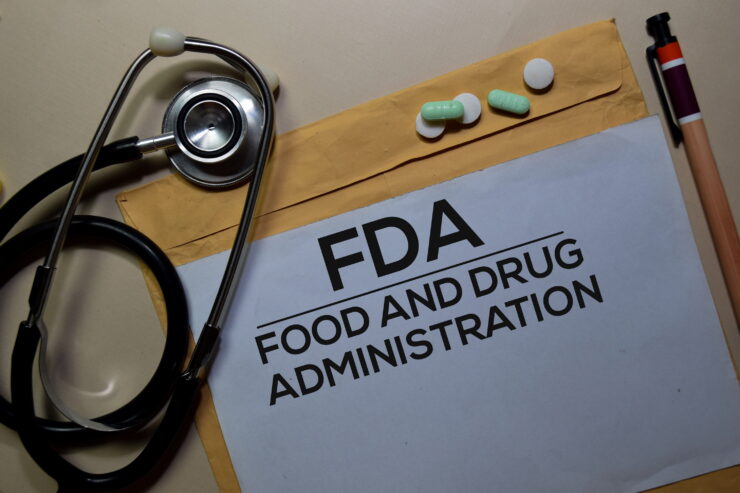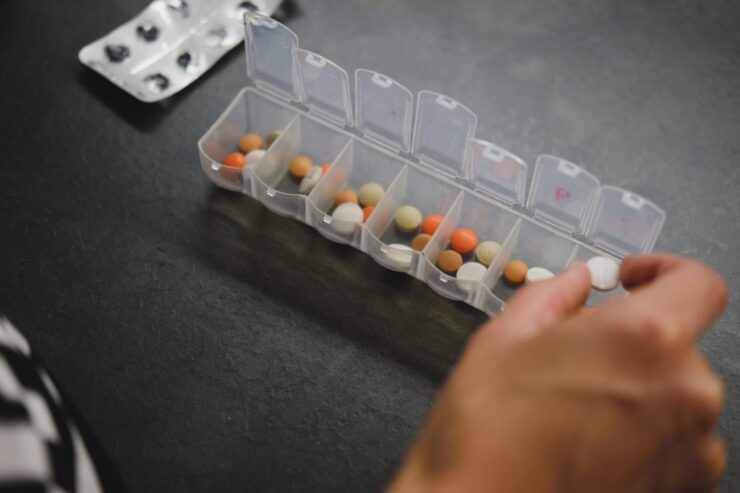Understanding and successfully navigating the complex landscape of the Taiwanese drug registration process is essential for international pharmaceutical companies aiming to establish their presence in Taiwan. This endeavor, while challenging, can yield significant rewards given Taiwan’s advanced healthcare system and aging population.
This blog post seeks to explain the path to drug registration in Taiwan and offer practical solutions to commonly faced challenges. Armed with this knowledge, pharmaceutical companies can better prepare themselves for successful market entry, contributing to global healthcare and expanding their business footprint in the process.
Taiwan Food and Drug Administration (TFDA)

Acting as the cornerstone of Taiwan’s pharmaceutical landscape, the Taiwan Food and Drug Administration (TFDA) is the key authority responsible for safeguarding public health and safety. Its mission revolves around ensuring the quality, safety, and efficacy of drugs made available to the Taiwanese population.
The TFDA exercises a pivotal role in the entire drug approval process. From reviewing applications to conducting inspections and granting final approval, the TFDA is instrumental in shaping the course of the drug registration journey. Understanding its role, responsibilities, and operating procedures is critical when registering drugs in Taiwan.
Navigating the Taiwanese Drug Registration Process
The Taiwanese drug registration process, while complex, follows a structured series of steps. It begins with the initial application and ends with final approval, or in some cases, denial.
The journey starts with the submission of an initial application to the TFDA. This application must include crucial details about the drug, including its manufacturing process, dosage form, pharmacological class, and potential therapeutic benefits.
Accompanying the application should be an array of documents providing evidence of the drug’s safety and efficacy, visit PacificBridgeMedical to know more.
Upon receipt, the TFDA thoroughly reviews the application, assessing the drug’s potential benefits and risks. If satisfied, it proceeds to the final approval stage. It’s at this point that the drug gets the green light for market entry in Taiwan.
Challenges in Registering Drugs in Taiwan

Foreign pharmaceutical companies often face an array of challenges when seeking to register drugs in Taiwan. Overcoming these obstacles is crucial to successful market entry.
One of the significant challenges lies in the language barrier. With most regulatory information available in Mandarin, non-Mandarin-speaking companies often struggle to understand the specific requirements and procedures.
In addition, the regulatory framework can differ considerably from those in other countries, adding another layer of complexity to the process.
Another challenge is the necessity of local partnerships. Without a well-versed local partner, foreign companies may find it difficult to navigate the intricate pharmaceutical landscape in Taiwan.
Overcoming the Challenges
While the challenges can be daunting, they are not insurmountable. There are practical solutions available to foreign pharmaceutical companies. Employing a local regulatory affairs Taiwanese specialist, someone who understands the TFDA’s procedures and regulations can mitigate many challenges.
These Taiwan regulatory specialists can help decode the complexities and ensure that applications are correctly completed and submitted.
To overcome language barriers, using translation services is highly beneficial. These services can translate crucial regulatory documents, ensuring that companies fully comprehend the requirements and expectations of the TFDA.
Submitting a New Drug Application (NDA)

Understanding the intricacies of submitting a New Drug Application (NDA) is key to successful drug registration. The NDA must be accompanied by a comprehensive list of documents, including pre-clinical and clinical study data, proposed labeling, and detailed manufacturing information.
These documents provide the TFDA with a full understanding of the drug, its benefits, and potential risks.
Many applications fail due to common pitfalls, such as incomplete documentation or lack of evidence supporting the drug’s safety and efficacy. It’s important to thoroughly review the application and accompanying documents before submission to avoid these issues.
Interacting with TFDA Officials
Forging a positive relationship with TFDA officials is not just beneficial; it’s a strategic advantage. This communication, when handled effectively, can lead to a smoother review and approval process, expediting market entry.
Maintaining open, regular, and respectful dialogue is key to building this relationship. Clarity and timeliness in responses can significantly aid the review process. Companies should be prepared to provide additional data promptly and clarify any queries raised by the TFDA.
Remember that TFDA officials are not adversaries but partners, with the mutual aim of ensuring the safety and efficacy of drugs entering the Taiwanese market.
Working collaboratively with them, respecting their expertise, and appreciating their role in safeguarding public health can strengthen this crucial relationship, enabling a smoother journey through the drug registration process.
Potential Advantages of Taiwan’s Market Entry
Despite the challenges, the benefits of registering drugs in Taiwan are manifold. The country boasts an advanced healthcare system that continually seeks innovative treatments to enhance patient care. Its population is aging, a factor that raises the demand for new drugs, especially those catering to chronic and age-related conditions.
Further, Taiwan has a robust and dynamic biomedical industry. Its emphasis on R&D and commitment to nurturing healthcare innovations make it an attractive destination for pharmaceutical companies. Moreover, successful market entry in Taiwan can serve as a gateway to other Asian markets, extending a company’s regional footprint.
The Taiwanese government also provides various incentives to promote foreign investments in its pharmaceutical sector. By overcoming the hurdles of the drug registration process, companies can tap into these advantages and establish a profitable and impactful presence in Taiwan.
Post-Approval Considerations

The journey doesn’t end with the approval of a drug. Post-approval, companies need to stay alert to additional modifications and requirements. These may include the mandatory submission of periodic safety update reports (PSURs) to monitor the drug’s safety profile in the real-world setting.
Also, changes in labeling may be necessitated as new safety information comes to light, or when there’s a need to revise instructions for use. The TFDA may also request additional post-marketing surveillance studies or clinical trials to further assess the drug’s risk-benefit profile in a larger, more diverse patient population.
Companies should ensure that they have the resources and systems in place to meet these post-approval requirements. Timely compliance with these mandates not only upholds a company’s standing with the TFDA but also reinforces its commitment to patient safety.
Successfully navigating the Taiwanese drug registration process requires understanding the TFDA’s role, the registration process itself, and the challenges often encountered.
By leveraging local expertise, utilizing translation services, and meticulously preparing applications, foreign pharmaceutical companies can surmount these challenges, gaining entry into Taiwan’s promising pharmaceutical market. This effort not only expands their business footprint but also significantly contributes to the betterment of global healthcare.
Related Posts:
- 15 Best Dog Food For Allergies 2024 - Adult, Puppy…
- 20 Best Gaming Headset Under 50$ 2024 - for PC, PS4,…
- 15 Best Dog Food For Pitbull 2024 - Responsible Pet Care
- 12 Best Car Wax For Black Cars 2024 - Protection and…
- Top 10 Best Modem For Gaming 2024 - For Optimum Gaming Speed
- Top 16 Best Office Chair Covers 2024 - Chair…







